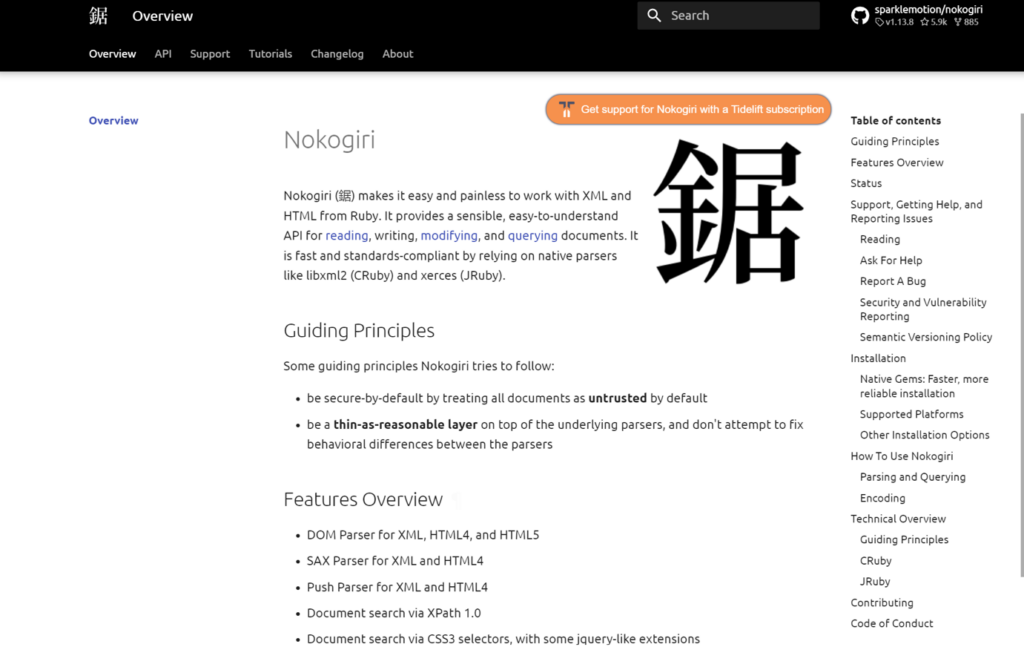List crawlers Washington DC are increasingly utilized to gather data from various online sources within the nation’s capital. This practice, encompassing everything from scraping business directories to accessing government datasets, presents both significant opportunities and considerable challenges. Understanding the different types of crawlers, their legal implications, and ethical considerations is crucial for anyone involved in data collection within this complex environment.
This exploration delves into the technical aspects of building these crawlers, examining the potential applications and limitations.
The article will cover the diverse methods used to build these tools, from web scraping techniques to data parsing and storage solutions. It will also analyze the diverse range of data sources available, including public records, private databases, and social media platforms, while highlighting the reliability and accuracy issues inherent in each. Finally, the piece will discuss the crucial ethical and legal considerations surrounding data collection and responsible crawler deployment within Washington D.C.’s unique regulatory landscape.
List Crawlers in Washington, D.C.: List Crawlers Washington Dc
Washington, D.C., a city brimming with data, presents a rich landscape for list crawlers. These automated tools gather information from various online sources, offering valuable insights for businesses, researchers, and government agencies. Understanding the types of crawlers, their data sources, building methods, applications, and inherent challenges is crucial for effective and ethical data collection in the nation’s capital.
Types of List Crawlers in Washington, D.C., List crawlers washington dc
Several categories of list crawlers operate in Washington, D.C., each with specific functionalities and target data. Three prominent types are web crawlers, API crawlers, and database crawlers. Web crawlers directly access websites to extract data, while API crawlers utilize application programming interfaces provided by data sources. Database crawlers access structured data residing in databases.
Web crawlers, while versatile, face challenges like website structure changes and rate limiting. API crawlers offer structured data but are limited by the API’s capabilities. Database crawlers provide efficient access to structured data but require access credentials and understanding of the database schema. Legal and ethical considerations, such as respecting robots.txt and adhering to data privacy regulations, are paramount for all types.
| Crawler Type | Data Sources | Functionality | Legal/Ethical Considerations |
|---|---|---|---|
| Web Crawler | Websites, HTML pages | Extracts data from website content | Robots.txt compliance, data scraping laws, terms of service |
| API Crawler | Public and private APIs | Retrieves structured data via APIs | API usage limits, data licensing agreements, privacy policies |
| Database Crawler | Structured databases | Accesses and extracts data from databases | Data access permissions, data security, confidentiality agreements |
Data Sources for Washington DC List Crawlers
Numerous public and private sources fuel Washington, D.C., list crawlers. These sources provide diverse data types, including business listings, government records, and social media information. The reliability and accuracy of data vary significantly across these sources.
- Business Listings: Yelp, Google My Business, Yellow Pages. These offer business information, reviews, and contact details.
- Government Records: DC Open Data Portal, federal government websites (e.g., USA.gov). These provide access to public records, permits, and other government data.
- Social Media Data: Twitter, Facebook, Instagram. Social media platforms offer insights into public sentiment, events, and community discussions.
Reliability and accuracy vary significantly. Government data is generally considered highly reliable, while social media data is often less structured and may contain inaccuracies or biases. Business listing accuracy depends on the diligence of the businesses in maintaining their profiles.
Methods for Building a Washington DC List Crawler
Building a Washington, D.C., list crawler involves several key steps: defining target data, selecting data sources, web scraping, data parsing, data storage, and error handling. Python, with libraries like Beautiful Soup and Scrapy, is a popular choice for web scraping. Databases like PostgreSQL or MongoDB are commonly used for data storage.
Handling website changes requires robust error handling and potentially employing techniques like dynamic website parsing. Rate limiting necessitates implementing delays between requests to avoid being blocked. Strict adherence to robots.txt is crucial to avoid legal and ethical issues.
Applications of List Crawlers in Washington DC

Source: monovm.com
List crawlers find diverse applications in Washington, D.C. Businesses use them for market research, competitive analysis, and lead generation. Researchers leverage them for academic studies, and government agencies might use them for monitoring public opinion or tracking compliance.
| Application | Benefits | Drawbacks | Example Use Cases |
|---|---|---|---|
| Market Research | Identify market trends, competitor analysis, customer segmentation | Data accuracy issues, potential for bias | Analyzing restaurant density in specific neighborhoods |
| Competitive Analysis | Benchmark against competitors, identify market gaps | Requires careful data interpretation, ethical considerations | Comparing the pricing strategies of different hotels |
| Lead Generation | Identify potential customers, target specific demographics | Data privacy concerns, potential for misuse | Finding contact information for businesses in a particular industry |
Challenges and Limitations

Source: com.au
Building and deploying list crawlers in Washington, D.C., presents several challenges. Legal restrictions on data scraping, data privacy concerns (especially with personally identifiable information), and technical difficulties like website changes and rate limiting all need careful consideration.
Mitigating these challenges requires adhering to legal and ethical guidelines, implementing robust error handling, and using responsible data collection practices. Prioritizing data privacy and transparency is crucial.
- Respect robots.txt
- Comply with data privacy regulations
- Implement rate limiting to avoid overloading servers
- Clearly state data usage policies
- Ensure data accuracy and reliability
Ending Remarks
In conclusion, the use of list crawlers in Washington DC offers substantial potential for various applications, from market research to lead generation. However, navigating the legal and ethical complexities, along with the inherent technical challenges, is paramount. Responsible development and deployment, prioritizing data privacy and adhering to best practices, are essential to harnessing the power of these tools while mitigating potential risks.
Understanding the nuances of data sources, crawler types, and the regulatory environment is key to successfully utilizing list crawlers in this dynamic context.
